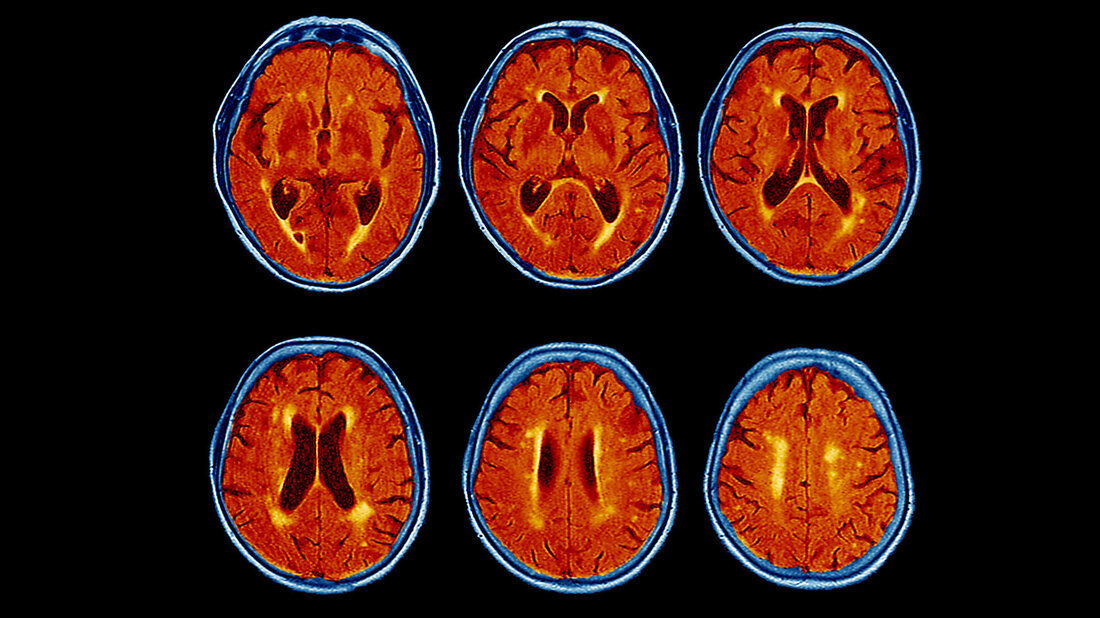A recent study suggests that nilotinib, a twice-daily tablet currently used by the NHS for blood cancer, may slow or even reverse symptoms of some forms of incurable dementia. Initially, a 2015 trial hinted at the drug’s potential when it improved movement and mental function in a small group of patients with Parkinson’s disease-related dementia and Lewy body dementia.
Remarkably, some patients experienced a reversal of symptoms, with improvements as drastic as a woman regaining the ability to feed herself and three previously nonverbal patients speaking again. These initial findings have now led to larger, more comprehensive studies to further understand nilotinib’s potential in dementia treatment.
In a recent trial involving 43 patients with Lewy body dementia, nilotinib showed positive results in improving balance, cognitive function, and memory. Lewy body dementia is a neurodegenerative disorder caused by protein deposits called Lewy bodies in the brain, which lead to cognitive and physical decline.
Experts believe nilotinib’s effectiveness comes from its ability to enter the brain and reduce the buildup of these toxic proteins. Similar improvements may also apply to Parkinson’s-related dementia, as these patients often have similar Lewy body deposits, suggesting that nilotinib could have a broader impact on neurodegenerative diseases beyond just one type of dementia.

Researchers are also hopeful about nilotinib’s potential to impact Alzheimer’s, the most common form of dementia, which affects millions globally. Despite substantial investment and decades of research, Alzheimer’s remains incurable. Some scientists suggest that nilotinib could target similar protein buildups in Alzheimer’s, possibly slowing the disease’s progression. Dr. John-Paul Taylor, a dementia expert from Newcastle University, notes that nilotinib may alter the abnormal proteins associated with cognitive decline, offering hope in stalling dementia’s progression and improving patient outcomes.
Nilotinib presents a promising, potentially safer alternative to newer Alzheimer’s drugs, such as lecanemab and donanemab, which have shown some effectiveness but also come with high costs and risks, including brain bleeds in some patients. The NHS recently decided against funding these costly infusions due to safety concerns and limited benefits.
In contrast, nilotinib’s established safety record as a cancer medication and its low cost makes it a more accessible option. The study by Georgetown University in Washington found no adverse effects among patients taking nilotinib, further supporting its potential as a viable and cost-effective dementia treatment.
The study also reported that patients taking nilotinib experienced noticeable cognitive and behavioral improvements, with nearly a 15% increase in cognitive assessment scores and a 70% reduction in falls, likely due to improved cognition and balance. Caregivers observed decreased irritability and apathy among patients, indicating an improvement in overall well-being.
Georgetown University’s Dr. Raymond Scott Turner called the results encouraging, noting positive trends across various biomarkers and clinical outcomes. Professor Taylor adds that nilotinib’s effects are not just halting progression, but actually providing improvements—a rare outcome for dementia treatments and a promising signal for advancing care for patients with limited options.
